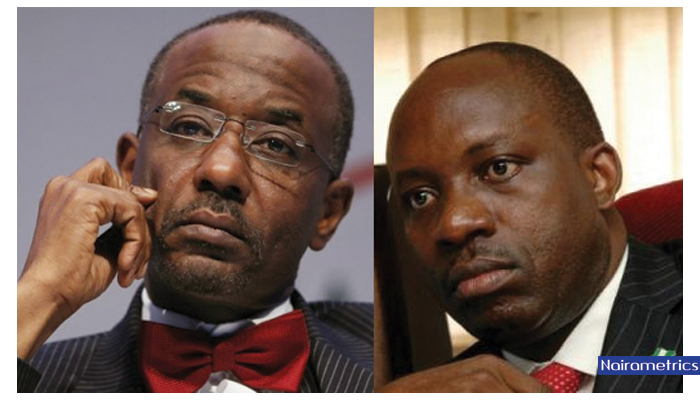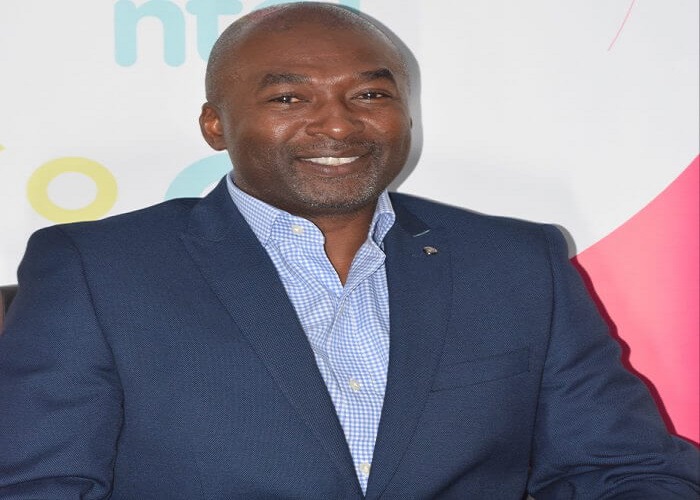- Hot Money is another name for Foreign Portfolio Inflows into an economy
- Latest report by the National Bureau of Statistics reveals hot money inflow topped $2.7 billion in the third quarter of 2017 and $3.4 billion year to date.
- FPI’s has for the last 5 years dominated foreign investor inflows into Nigeria.
- It hasn’t always been this way and we will explain why and when things changed
Foreign Investors once again poured hot money into Nigeria as Nigeria’s capital importation for the third quarter of 2017 soared to over $4 billion. This is the highest quarterly inflow of capital into the country since the fourth quarter of 2014.
Table 1

Source: NBS
Where are investors putting their money
A quick glance at the table above reveals that over 50% ($2.7 billion) of these funds was directed to Foreign Portfolio Investments, FPI. Specifically, the funds were invested in the Nigerian Stock market, dominated by equities.
The impact is as expected, very positive. The stock market is up 41% year to date and remains one of the best performing in the world this year.
The increase in FPIs is largely due to the introduction of the Investor and Exporter Window by the Central Bank, in February this year.
Following the successful operations of the window, foreign investors have continued to pour in billions of dollars into a stock market that was battered by the exchange rate crisis. Not to be left out of the bonanza that is being enjoyed by Nigerian Banks, they also funneled money into the debt market, buying the Federal Government’s juicy interest rate offerings of FGN Bonds and Treasury Bills.
The flip side of an increasing capital importation driven by FPI’s is that the funds are not directed at the critical sectors of the economy where investments are needed.
Hot money, as the name implies, means the owners are one trigger away from repatriating their funds should there be any sign of the economy faltering again. Unlike FDI’s which are more difficult to repatriate, hot money come and go like a hurricane, leaving in its wake a battered currency and worse economy.
One will have to go back in time to understand the root of hot money into Nigeria and how it has now become a mainstay.
When FPI became > FDI
The Central Bank data on capital importation going as far back as January 2007, provides some answers.
Between 2007 and 2009, Nigeria attracted a significantly higher FDI compared to FPI. In 2008, total Foreign Direct Investment into the country was as high as $4 billion, as investors poured in money in response to Nigeria’s impressive GDP Growth rate.
Nigeria’s GDP Growth rate average 7.5% between 2007 and 2010 with nearly all sectors attracting significant FDI inflows.
So where did it all go wrong?
The switch
Nigeria started attracting a significant inflow of hot money in 2010 after the immediate past CBN Governor, Sanusi Lamido Sanusi was appointed. In one of his major forex policy actions, he lifted the one year restriction placed on repatriation of foreign investments into Nigeria, giving Nigeria access to foreign capital. The restriction previously put in place by Soludo, dissuaded the repatriation of capital out of Nigeria.
Facing dwindling reserves (which had dropped from $43 billion in June 2009 when he was appointed Governor to about $37 billion a year after), Sanusi had to lift the restriction to attract more foreign capital.
This also coincided with a period where the United States and much of the West adopted Quantitative Easing (a policy that had governments pump money into markets as a stimulus). As US Government pumped capital at near zero rates, investors moved the funds to emerging markets like Nigeria where interest rates and returns were higher.
By the time the CBN’s policy kicked in by 2012, reserves had risen to $40 billion in September of 2012. It was no surprise that FPI rose from about $4.4 billion in 2011 to about $13. 4 billion in 2012. The growth was unprecedented and most of the funds poured into equities. By 2013, it had risen to $17.3 billion while FDI plummeted to $1.2 billion.
Policy response
The CBN knew that by opening the flood gates of capital importation and easy repatriation, the risk of hot money was real. In response, the CBN Monetary Policy Committee acknowledged the threat and gave assurances that it was under control
This increase reflected generally favourable commodity prices and inflows of capital in response to the removal of restrictions on repatriation and high domestic interest rates, as well as stable exchange rates. The Committees noted the assurances that total “hot money” in the system is under strict surveillance and the Bank is satisfied that the figure of US$5 billion does not pose a threat to financial stability in view of the current level of reserves. MPC of May 21, 2012
Same observation was made a few months later as a challenge
Potential large inflow of “hot money” resulting from further monetary easing in the US and Europe and improved yield on fixed income instruments; September 18, 2012.
Despite this acknowledgement, they had no option but to hope that the economy will remain in good shape, until at least, FDI’s start to pick up. As the crash in oil prices that began in the summer of 2014 ensued, hot money once again found its way out of Nigeria, policy makers reacted poorly; leading to a crash of the naira, deepening of the economic crisis and eventually a recession.
Is Hot Money bad?
Whilst not the preferred form of capital for most economies, it remains one of the major source of capital flows into emerging markets. Despite being short-term, it helps countries meet their balance of payment obligations thus stabilizing exchange rate and attracting even more inflows. It is typically a risk when the economy experiences shocks as its withdrawals often leads to exchange rate crisis, like was witnessed between 2014 and 2016.
Nigeria needs FDI’s but will continue to struggle until it can solve its myriad of challenges. The government will have to get its fiscal policy right, while it promotes efforts at industrializing the economy. Nigeria’s power challenges will have to be sorted out as well as ramp up its efforts at improving ease of doing business.
These are all long-term solutions meaning that hot money will continue to remain the major source of capital importation for Nigeria for the next few years.















